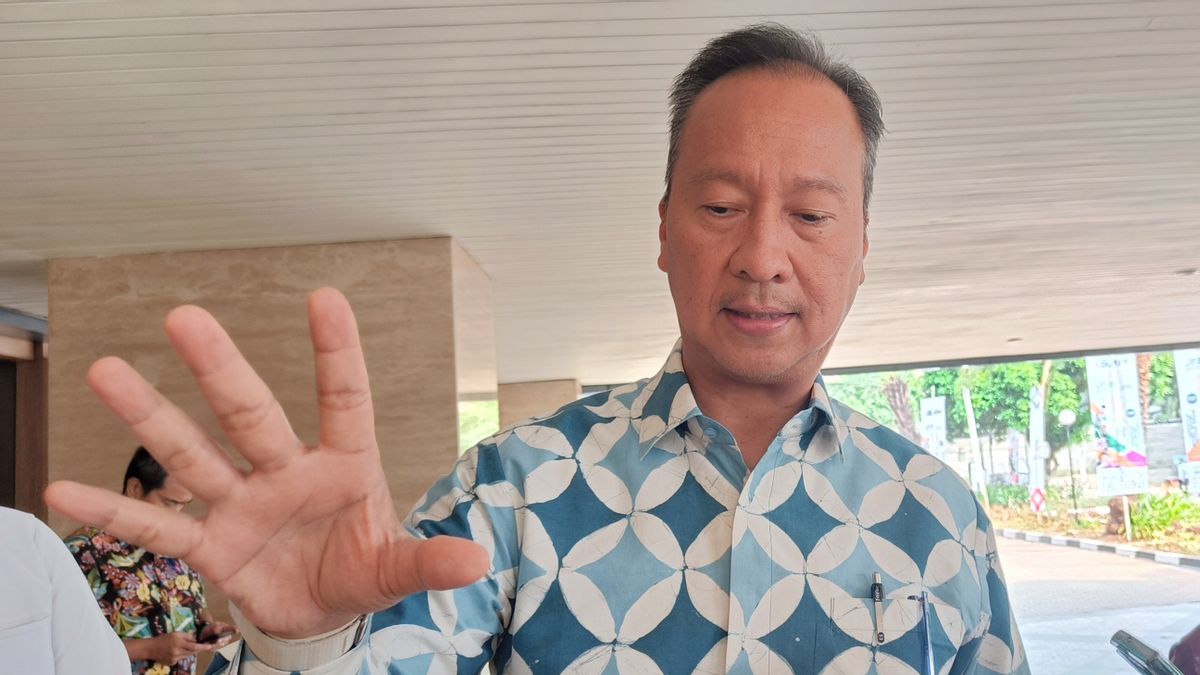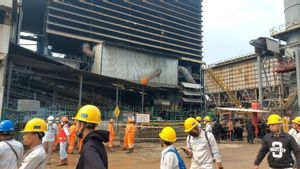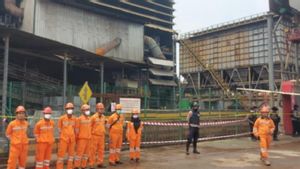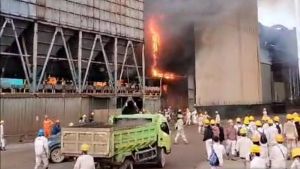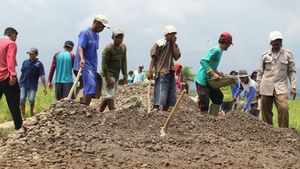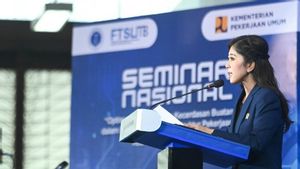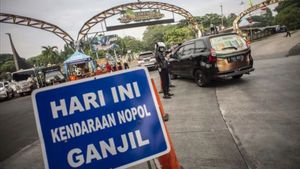The Minister of Industry (Menperin) said the government had prepared sanctions for violations of governance in the smelter project at PT Indonesia Tsingshan Stainless Steel (ITSS) operating in Indonesia Morowali Industrial Park (IMIP), Morowali, Central Sulawesi, following the explosion incident that occurred on Sunday, December 24.
He revealed that the imposition of sanctions will be seen according to the level of error. If it is criminal, it will become the realm of law enforcement.
Likewise, in terms of Work Safety and Health (K3), it will become the domain of the Ministry of Manpower (Kemenaker).
"Well, regarding the industrial business license, of course, we will see the extent of the responsibility related to management. We will evaluate it entirely," said Agus Gumiwang as quoted by ANTARA, Wednesday, January 3.
Agus said that the evaluation carried out by the Ministry of Industry would review the entire management of company management, both in terms of operations to risk handling.
This is important because in an industrial business license, business actors are required to fulfill all commitments from business licenses related to their operations.
"There is a lot that they must commit to. So we will value it one by one. Now of course, if it has been entered into this industrial business license, we will value the whole thing. So the level of responsibility management is to what extent," he said.
He said inspections would be carried out thoroughly related to the safety and security of equipment, the production process including products.
According to Agus, the government's seriousness in encouraging improvements in the governance of the smelter industry, especially those from China.
In a meeting with the Minister of Industry of China some time ago, Agus also conveyed that there should be improvements in governance from the Chinese smelter industry in Indonesia.
"I conveyed that firmly to the Minister of Industry who came to my office at that time. And the second point, why was that necessary? Because almost all investors in these smelters are Chinese SOEs. So the responsibility of the government is still very large," said Agus.
He acknowledged that the cultural and character differences between Chinese workers and local workers, including language constraints, were one of the crucial issues that occurred in project operations.
"The process of changing foreign workers, according to the duration of the contract, usually does not go well where the new workers who come to Indonesia have not fully or perhaps do not understand the conditions on the ground do not understand Indonesian culture or character, do not understand Indonesian language, so they cannot optimally communicate," he said.
SEE ALSO:
In order to support improving governance, as well as reducing similar incidents in the industry, the Ministry of Industry continues to strengthen supervision and control (wasdal) of nickel smelters from China.
Strengthening wasdal has not actually been fully implemented because it is a new program. However, the smelter industry will be a priority industry for strengthening wasdal due to the many work accidents that occur.
"In mid-2023, we strengthened the pilot project wasdal because this has not been fully implemented. We will carry out trials starting this month, and what we are targeting is the smelter industry because it is a priority part that we agreed on in February last year to be carried out," concluded Agus Gumiwang.
The English, Chinese, Japanese, Arabic, and French versions are automatically generated by the AI. So there may still be inaccuracies in translating, please always see Indonesian as our main language. (system supported by DigitalSiber.id)
